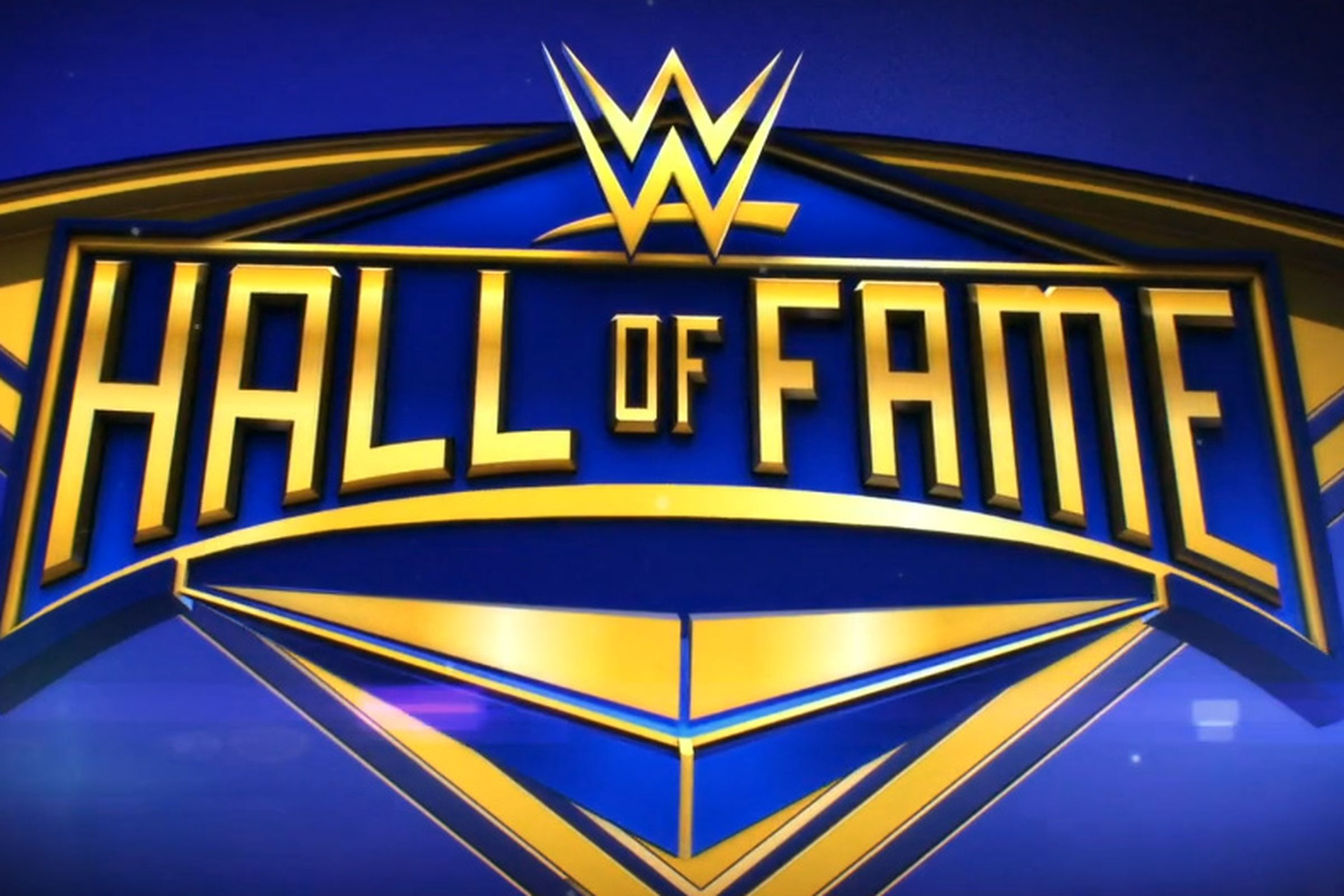
On a recent edition of his “Everybody’s Got A Pod” podcast, WWE Hall of Famer Ted DiBiase Sr. discussed WWE inducting celebrities into the WWE Hall of Fame, and more.
You can check out some highlights from the podcast below:
On Mike Rotunda’s induction: “It’s about time, you know? And I won’t mention any names, but there are several names that cross my path that have already been inducted, and I go ‘They inducted them before Mike?; And I just kind of throw my hands up in the air. But I guess — I don’t know that there was any time that Mike was revered for his like — it was always a tag team. It was him and Barry, and then it was him and me, Money Inc. And so, I never really got to see them wrestle as a team. But I heard from a lot of guys they were one hell of a team.”
On whether Rotunda should’ve gone in as IRS or part of the US Express: “I didn’t know Mike. I’ll be honest, I didn’t know Mike at all until he came to the WWE, and Vince got us together and said, ‘Here’s what I want to do.’ But the reality is, I mean, I think that our work together bears witness to the fact that we made a hell of a team. And did well together, so — and I didn’t know him until then.”
On the early WWE Hall of Fame ceremonies in the 1990s: “They didn’t really make a big deal out of it. But eventually, they made a bigger deal out of it.”
On celebrities being inducted into the WWE Hall of Fame: “I think it’s a novelty. is what it is. And I think each one of those guys, at some point in time, had contributed to and was a part of our show, in some way. And so I think it’s just a tip of the hat to them for taking the time to be a part of a wrestling show… Unfortunately, I think that’s more what it’s about; it’s marketing and selling tickets. That’s the deal, you’re selling tickets. And you get a crossover. So I don’t know, if I really think about it it’s kind of like — you know, if you contributed really something that’s significant to our business, well I can understand that. But when it gets right down to it, I do believe that — but again, wrestling is show business. But when you’re inducted into the Hall of Fame, if you’re not being inducted because you had like a 60-0 record or whatever. Oh my gosh, if you tried to count up all the wrestling matches I had in my career? It’s like, there are 360 days in the year and I can assure you that I wrestled 300 of those days every year. At a minimum. But it’s more about the body of work that these people did. And so I can see where some fans could go and say, “What do you doing putting a baseball player in the Hall of Fame?”
The WWE Hall of Fame is a prestigious honor bestowed upon individuals who have made significant contributions to the world of professional wrestling. While the focus has traditionally been on wrestlers, in recent years, celebrities from various fields have also been inducted into the Hall of Fame. This has sparked debates among fans and industry insiders about the criteria for induction and the purpose of including non-wrestling personalities.
One recent inductee who has garnered attention is Mike Rotunda, also known as IRS. Ted DiBiase Sr., a WWE Hall of Famer himself, expressed his satisfaction with Rotunda’s induction but questioned why it took so long. DiBiase mentioned that there were other names already inducted that he believed should have been inducted after Rotunda. However, he acknowledged that Rotunda’s tag team work with Barry Windham and himself as Money Inc. was highly regarded by fellow wrestlers.
DiBiase also discussed whether Rotunda should have been inducted as IRS or as part of the US Express tag team. He admitted that he didn’t know Rotunda until they were brought together by Vince McMahon in WWE. However, their successful partnership and accomplishments as a team speak for themselves.
The early WWE Hall of Fame ceremonies in the 1990s were not as grandiose as they are today. DiBiase noted that the events were not given much importance initially but eventually gained more significance over time. This evolution reflects the growing prestige and recognition of the Hall of Fame.
One aspect of the WWE Hall of Fame that has generated mixed reactions is the inclusion of celebrities. DiBiase sees it as a novelty and a way to pay tribute to those who have contributed to the wrestling show in some capacity. He acknowledges that marketing and ticket sales play a role in this decision, as celebrities can attract a broader audience. However, he believes that true induction should be based on significant contributions to the wrestling business rather than just marketing strategies.
DiBiase emphasizes that the Hall of Fame should celebrate the body of work individuals have accomplished in the wrestling industry. While he understands that wrestling is show business, he believes that inductions should be reserved for those who have made a lasting impact on the sport. He questions the inclusion of individuals from other fields, such as baseball players, suggesting that their contributions may not be as relevant to the wrestling world.
The debate surrounding celebrities in the WWE Hall of Fame is likely to continue. While some argue that it dilutes the significance of the honor, others see it as a way to attract new fans and bring attention to the industry. Ultimately, the WWE Hall of Fame should strive to maintain its integrity by recognizing those who have truly left an indelible mark on professional wrestling.
